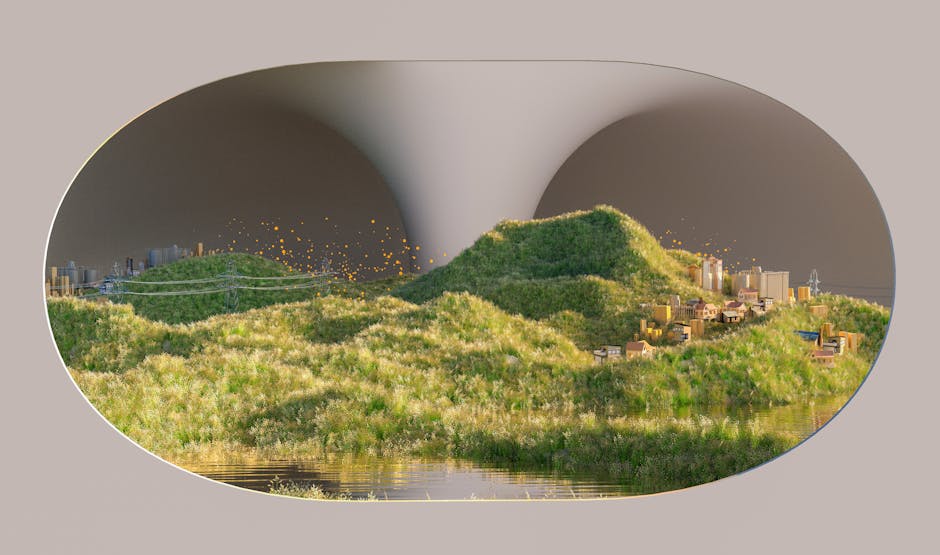
Understanding Urbanization: The Transformation of Cities and Communities
Urbanization refers to the increasing number of people living in cities and suburban areas. This global phenomenon has transformed landscapes, economies, and lifestyles over the past century. As more individuals migrate from rural regions to urban centers, cities face new opportunities and challenges, such as infrastructure development and environmental sustainability.
One of the key drivers of urbanization is economic growth. Cities often serve as hubs for employment, innovation, and culture, attracting talent and investment. However, rapid urban growth can lead to overcrowding, pollution, and inadequate services if not managed properly. This underscores the importance of sustainable urban planning and smart city initiatives.
Understanding the dynamics of urbanization and its impact on society helps policymakers and citizens make informed decisions. For example, implementing eco-friendly transportation options and creating green spaces can improve quality of life in densely populated areas.
In the future, technology will play a significant role in shaping urban environments. Innovations such as intelligent infrastructure, IoT, and data analytics can lead to more efficient and livable cities. As urbanization continues to accelerate, embracing these advancements is essential for building resilient urban communities.
